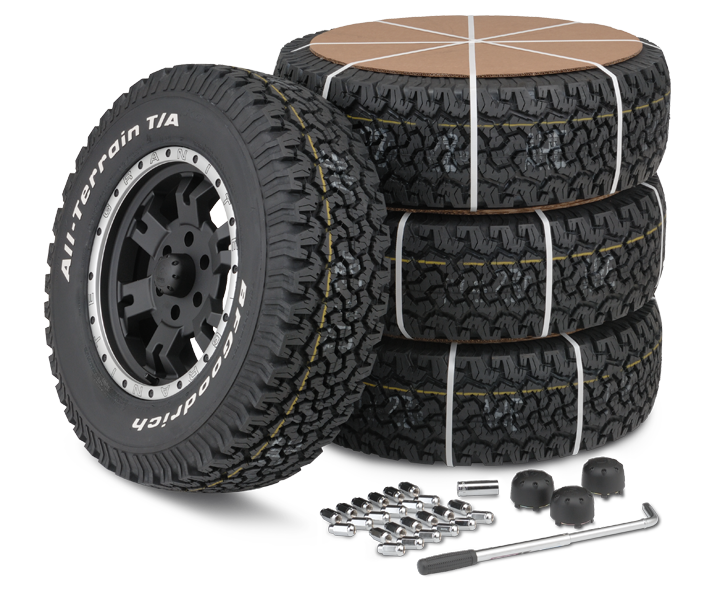Quality Tire Shop Morris: Your Go-To Location for Tire Demands
Quality Tire Shop Morris: Your Go-To Location for Tire Demands
Blog Article
Tire Solution: Understanding Tire Pressure Monitoring Solutions
Comprehending Tire Pressure Tracking Equipments (TPMS) is an important aspect of preserving optimum automobile efficiency and security on the road. With improvements in automotive modern technology, TPMS has come to be a conventional attribute in contemporary vehicles, giving real-time information on tire stress degrees.

Significance of TPMS
The importance of Tire Pressure Tracking Systems (TPMS) depends on their capability to boost car safety and security and performance via real-time monitoring of tire stress degrees. Maintaining the right tire stress is important for ensuring optimal handling, stopping, and overall safety and security of a car. TPMS supplies drivers with instant responses on any overinflated or underinflated tires, permitting prompt adjustments to be made.
Components of TPMS
Making up various vital elements, a Tire Stress Tracking System (TPMS) functions as an innovative security feature in contemporary lorries. The major parts of a TPMS include sensing units, a control module, and a caution sign. Sensors are typically situated in the tire valve stem or connected to the wheel assembly, where they determine tire stress and transfer information to the control module. The control module procedures this information and causes a caution if it identifies dramatically reduced pressure in any of the tires. The caution indication, usually a symbol on the dashboard, signals the motorist to inspect the affected tire or tires. Some progressed TPMS designs also display the real tire pressure analyses for each tire, supplying drivers with real-time details to guarantee optimum tire performance and safety and security. By keeping track of tire stress continually, TPMS aids avoid crashes, lowers tire wear, and boosts gas effectiveness, making it a vital component for lorry safety and security and efficiency.
Sorts Of TPMS

On the various other hand, indirect TPMS counts on the car's wheel speed sensing units to monitor tire stress. This system spots underinflation by contrasting the rotational rates of the wheels. Indirect TPMS is much less costly than straight TPMS, as it makes use of existing sensors within the automobile.
While direct TPMS offers more precise readings, indirect TPMS is easier in design and commonly needs much less upkeep. Both systems have their advantages and constraints, and the selection between them typically relies on elements such as expense, lorry make, and personal choice. Understanding the More Info differences between these two kinds of TPMS can aid car owners make notified choices regarding tire maintenance and security.
TPMS Upkeep Tips
Reliable maintenance of TPMS is vital for making certain optimum performance and safety of your automobile. Consistently inspecting the TPMS sensors for any type of damages or deterioration is crucial. Guarantee that the sensors are free and clean from debris that could interfere with their functioning. Furthermore, it is a good idea to examine the sensor batteries periodically and replace them as needed to guarantee precise readings. Conduct routine examine the tire pressure degrees and contrast them with the TPMS analyses to guarantee they correspond. If there are any type of disparities, recalibrate the system following the maker's guidelines. Furthermore, during tire turning or substitute, see to it that the TPMS parts are taken care of thoroughly to stop any type of prospective damages. Last but not least, if the TPMS alerting light illuminates on the control panel, attend to the problem promptly by examining the tire stress and the overall system for any kind of faults. By adhering to these upkeep suggestions, you can prolong the life expectancy of your TPMS and improve the security of your driving experience.
Advantages of Appropriate Tire Stress
Maintaining correct tire stress, as highlighted in TPMS Maintenance Tips, is vital for enjoying the many benefits related to optimum tire pressure degrees. Among the primary advantages of maintaining the right tire pressure is look at here enhanced fuel effectiveness. When tires are correctly blown up, there is less rolling resistance, bring about much better fuel economic situation. Additionally, proper tire stress ensures also tire wear, expanding the lifespan of the tires and promoting more secure driving conditions. With the best tire stress, vehicles also have far better handling and traction, particularly in adverse weather conditions. This can enhance general driving performance and security for the motorist and guests. Keeping ideal tire pressure can contribute to a smoother and more comfortable ride by lowering resonances and sound triggered by underinflated tires. Finally, the benefits of appropriate tire stress surpass just tire long life; they incorporate enhanced fuel efficiency, enhanced safety and security, far better automobile performance, and overall driving comfort.
Conclusion
In conclusion, understanding tire pressure tracking systems (TPMS) is important for maintaining optimum tire pressure and ensuring lorry security. By recognizing the relevance of TPMS, being acquainted with its components, recognizing the various types readily available, adhering to proper upkeep suggestions, and recognizing the advantages of maintaining correct tire stress, vehicle drivers can improve their driving experience and lengthen the lifespan of their tires. Appropriate tire stress is key to risk-free and reliable lorry operation.

Report this page